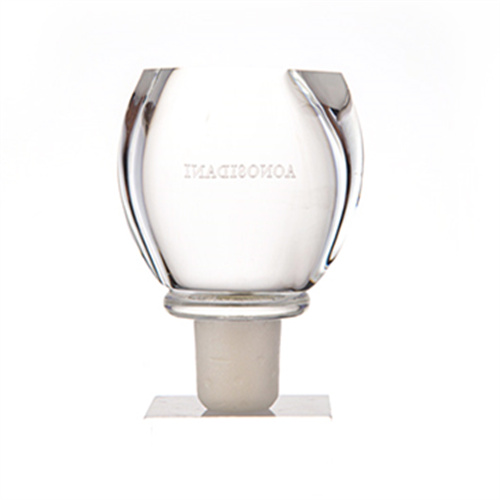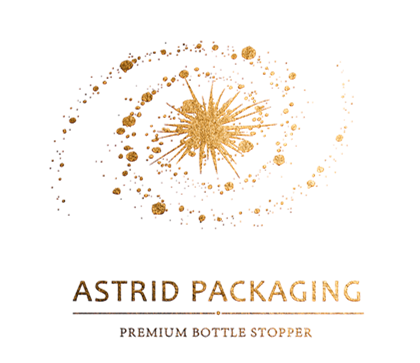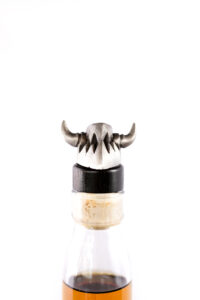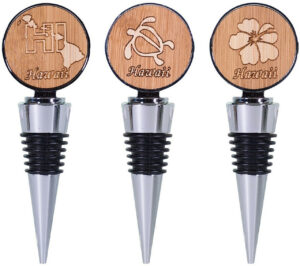Function of private label glass cork
Whether it is in dairy products, condiments, beverages, or in medicine, daily chemicals or other industries, plastic bottle packaging is widely used in these applications, and private label glass cork also highlight its importance.
In order to ensure the quality of the product and shape the personality of the product, the production technology of plastic bottle caps is also constantly developing, not only from the sealing and the protection of the contents, but also from the aesthetics of the design.
In order to meet the needs of individual design of products, Duo Beverage Co., Ltd. has put a lot of effort into the packaging of plastic bottle caps.
Suppliers have introduced plastic covers in different forms and functions, which not only adapt to product needs, but also bring more choices to end-user companies.
Theoretically speaking, the private label glass cork and the bottle mouth seal the bottle by the thread contact of the mutual fingertips, and the area between the two is well sealed.
After complicated tests, the company has now designed the best screw design of the bottle mouth and plastic bottle cap, which can meet the sealing requirements of beverage and food products.

What materials are commonly used for plastic bottle caps?
private label glass cork are generally divided into PP and PE in terms of material.
PP materials: mostly used for gas beverage bottle cap gaskets and bottle caps, heat resistant and not deformed, surface degree, chemical stability is good, the disadvantage is poor toughness, easy to embrittle under low temperature conditions, due to poor oxidation resistance, not resistant to grind.
private label glass cork made of this material are mostly used for fruit wine and carbonated beverage bottle cap packaging.
PE material: mostly used for hot filling bottle caps and aseptic cold filling bottle caps.
The private label glass cork made of this material are non-toxic, have good toughness and impact resistance, are also easy to form films, and are resistant to low temperature and environmental stress.
The cracking performance is good, but the disadvantage is that the molding shrinks and the deformation is severe.
Many vegetable oils on the market, sesame oil in glass bottles, etc. are mostly plastic platforms of this material.
Due to the low cost of plastic materials and the advantages of multiple materials, it is also welcomed by packaging container material factories to a certain extent.
However, due to the unclear performance of its structure, it must be considered in some food packaging applications.
With the development of science and technology, plastic bottle caps will be widely used in the field of food packaging.





